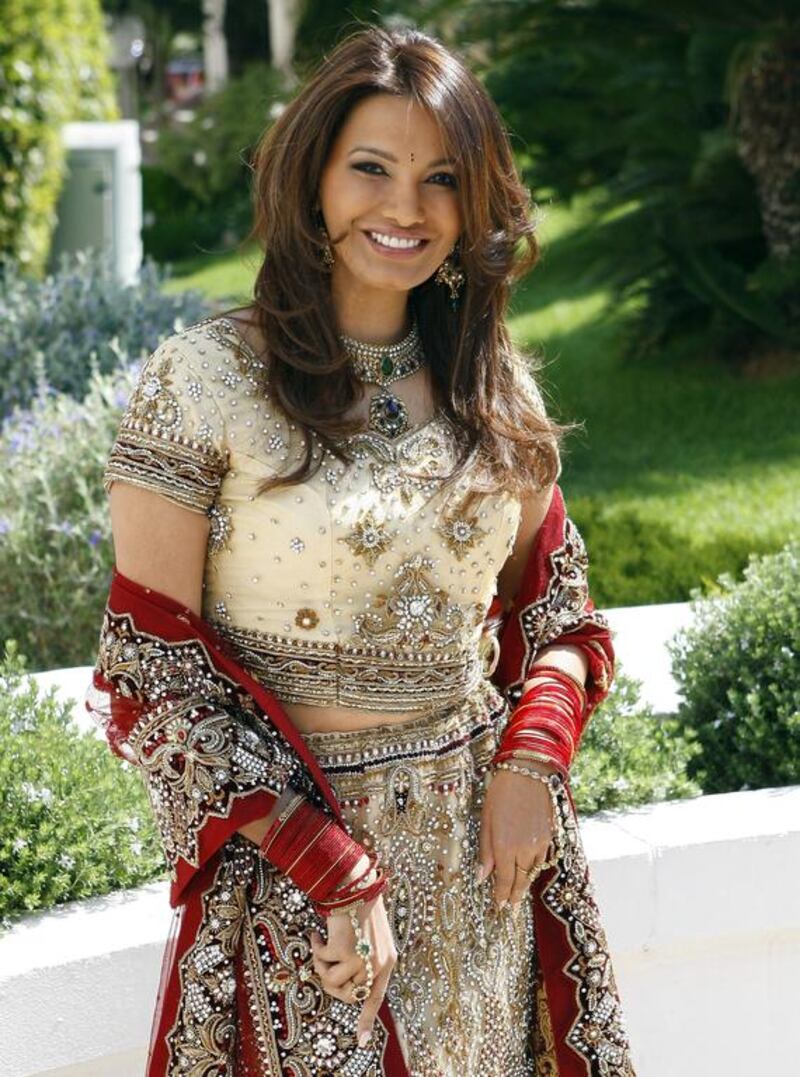This might hit Shah Rukh Khan quite badly: a senior government official in India has said that film stars and celebrities should refrain from performing at weddings where a dowry has been given by the bride because their presence serves to endorse the social evil of dowry.
Mamta Sharma, the chairperson of the government-run National Commission for Women in New Delhi, said recently that despite strict anti-dowry laws, the custom persists, with pernicious consequences for women whose status was diminished by the need to give a dowry on marriage and by the crimes that are committed against a woman after marriage if her in-laws decide her dowry was insufficient.
Singing and dancing at the opulent weddings of India’s wealthy industrialists and tycoons is something that most top Bollywood stars have been doing for years – it’s a mutually beneficial arrangement.
The glamour of a film personality performing at a wedding adds to the lustre and cachet of the occasion and enhances the family’s status. For the stars, it’s about making a short appearance for easy money – fees can range from 10-30 million rupees (Dh600,000-Dh1.8m). This is on top of the adoring audience and lavish hospitality they enjoy.
Khan, Priyanka Chopra, Deepika Padukone, Vivek Oberoi, Salman Khan, Hritik Roshan, and Katrina Kaif all perform at weddings. Some stars, such as Aamir Khan, choose not to. Diana Hayden, the former Miss World, model and TV host, also chooses to decline such invitations, but she disagrees with Sharma’s exhortation.
“I am anti-dowry, totally anti-dowry but it’s not fair to expect stars, just because they are in the limelight and in the world of glamour, to make statements about social issues. Yes, they have a role to play and they can change attitudes, especially in a country such as India where everyone is so enamoured of glamour, but it should be by personal choice, not compulsion,” said Hayden.
Dowry was banned in India in 1961, but social groups argue that this is purely on paper. Not many Indian women find husbands unless their parents offer a dowry. There are even informal “league tables” indicating the sum of money a groom can expect to command, depending on his qualifications and income.
For the poor, the necessity of giving a dowry is an incubus; many fall into debt and a large number abort female foetuses precisely because they fear the dowry they will have to give a girl on marriage.
According to the latest government statistics, more than 8,233 women were murdered across India in 2012 over demands for dowry.
For women’s rights activists such as Sharma, frustration at these figures and the failure of the law to end the custom explain why she feels every possible tool must be used to fight it, including enlisting film stars.
“The first time Bollywood stars refuse to perform at a wedding where dowry has been given, it may not make a difference. Nor the second time, nor the third. But if they consistently refuse, then it will be noticed and people will sit up and pay attention. They can be a force for change, a force for good, so why not use that power?” said Sharma.
It's not that film stars do not support social causes. Many work with charities in the field of eye donation, polio, dyslexia, cancer, female infanticide, etc. Aamir Khan generated a massive wave of awareness among middle-class Indians with his television programme Satyamev Jayate (Truth Is Invincible), which highlighted some of the worst social evils in the country.
Of late, the actress Kalki Koechlin has been very outspoken on issues such as rape, domestic violence and child sex abuse. But, as Hayden says, celebrities choose what they wish to highlight.
Shah Rukh Khan has come under pressure in recent years to not smoke in public because of “the message he sends out to Indian youth”. And Kareena Kapoor was criticised a few years ago for her thin figure and the pressure it put on impressionable young girls who emulated her size-zero body.
Kavita Srivastava, a women’s rights campaigner in Rajasthan, believes a refusal by film stars to perform at weddings will be a drop in the ocean. The change that is really required is in the minds of Indian men who need to start refusing to accept dowry.
“If these stars are willing to take a stand, it will get people thinking. We have miles to go, sadly, but every little bit that every person can do is movement in the right direction,” she said.
artslife@thenational.ae





